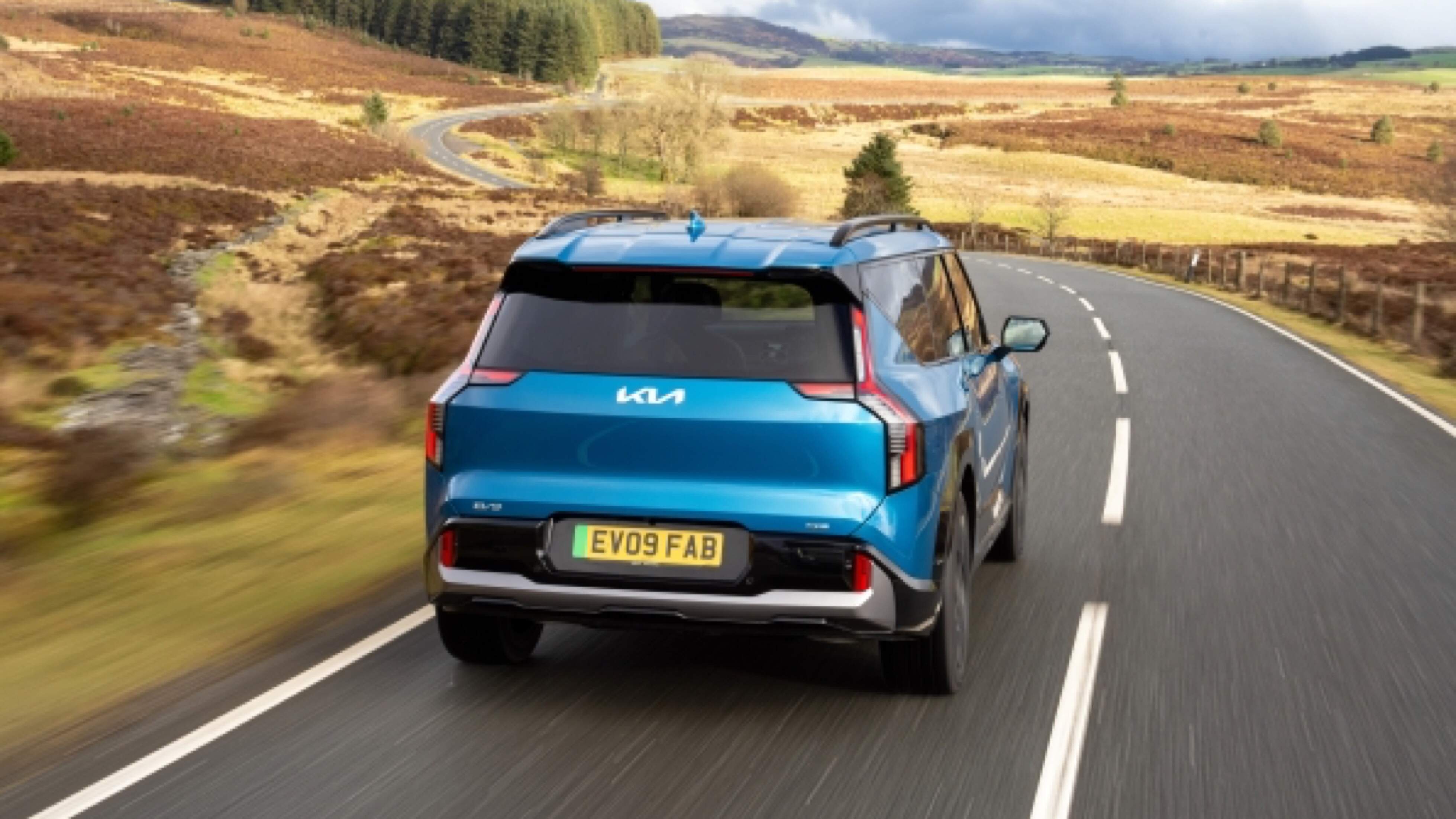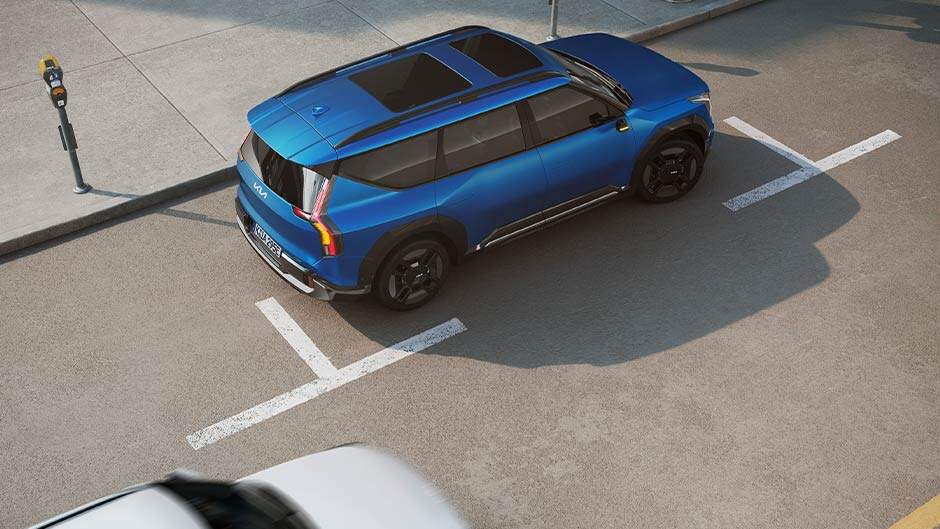What Is An Electric Car Salary Sacrifice Scheme?

What is an Electric Car Salary Sacrifice Scheme?
As businesses look for ways to enhance employee benefits while improving cost efficiency and sustainability, salary sacrifice schemes have become increasingly popular. These contractual agreements allow employees to ‘sacrifice’ a portion of their salary in exchange for non-cash benefits. This can often result in considerable tax savings and other financial advantages.
In recent years, schemes have evolved to include electric vehicles (EVs),
offering a modern and eco-friendly alternative to traditional petrol and diesel company cars.
Governments are also driving the shift towards greener transport through favourable Benefit-in-Kind (BiK) tax rates.
As a result, salary sacrifice schemes offer an affordable and tax-efficient way for employees to lease the latest electric cars, while supporting their employers’ environmental goals.
In this article, we’ll explain how salary sacrifice schemes work, explore their benefits for employers and employees and why EVs are an especially appealing choice under these arrangements. We’ll also compare salary sacrifice with other options like company car schemes and leasing to help businesses make informed decisions.

Understanding Salary Sacrifice Schemes
A salary sacrifice scheme is a contractual agreement where an employee agrees to give up part of their gross salary in exchange for certain non-cash benefits provided by their employer. These benefits can range from pension contributions and childcare vouchers to company cars. The main advantage is that the sacrificed amount is taken before tax and National Insurance (NI) deduction, leading to potential savings for both employees and employers.
How It Works
1. Employee Agreement: The employee agrees to ‘sacrifice’ a portion of their pre-tax salary in exchange for a benefit.
2. Benefit Provision: The employer provides a tax-efficient benefit, such as a company car.
3. Tax Efficiency: Since the reduction happens before tax, the employee pays lower income tax and National Insurance contributions. The employer also benefits from reduced NI contributions.

Why Electric Cars are a Smart Salary Sacrifice Choice
The global shift towards sustainable mobility has prompted many businesses to incorporate electric cars
into their salary sacrifice schemes. These programs allow employees to lease
the latest models, such as Kia’s award-winning EV9,
from their employer. Governments have also introduced incentives, including reduced Benefit-in-Kind (BiK) tax rates, to make EVs a financially attractive option. This is a significant factor that can lower the overall cost of company-provided electric vehicles.
Key Benefits for Employees
• Cost Savings: Lower BiK tax rates on EVs mean reduced tax liability compared to traditional petrol or diesel cars. The current BiK tax rate for electric cars stands at 2% and will increase gradually by 1% every year from April 2025 until 2028. This is still significantly lower than the average petrol, which had a Bik rate of 30% or higher in 2024 according to data from Statista.
• Access to Advanced Technology: Employees can drive the latest EV models, which come equipped with cutting-edge safety features,
connectivity, and advanced driving assistance systems.
• Comprehensive Packages: Many schemes cover insurance,
maintenance and roadside assistance,
making electric car ownership hassle-free.
• Environmental Impact: Employees can contribute to reduced carbon emissions by driving an electric car, aligning their values with the businesses’ sustainability goals.

Advantages for Employers
• Attract and Retain Talent: Offering an EV salary sacrifice scheme can be a key differentiator in attracting and retaining talent, demonstrating a commitment to sustainability and modern workplace benefits.
• Financial Savings: Employers enjoy payroll savings through reduced National Insurance contributions on the sacrificed salary amount.
• Support for Sustainability Goals: Incorporating electric cars
into their fleet helps businesses reinforce their commitment to environmental change.
• Positive Brand Image: This forward-thinking approach to company transport can enhance a business’s reputation as an innovator and sustainability leader.

Salary Sacrifice Scheme v Other Company Car Options
Salary sacrifice schemes offer numerous benefits, but businesses may also consider alternatives, such as:
• Traditional Company Car Schemes: Employers provide company-owned vehicles, but employees may face higher BiK tax rates.
• Personal Leasing: Employees lease a car independently though they miss out on the tax benefits of leasing an electric car
through salary sacrifice.
In comparison, an electric car salary sacrifice scheme is often the most cost-effective and tax-efficient solution for employees and businesses.

Is an Electric Car Salary Sacrifice Scheme Worth it?
An electric car salary sacrifice scheme offers significant financial benefits, access to the latest EVs, and a sustainable transport solution. With BiK rates remaining favourable for EVs, both employees and employers can achieve cost efficiencies while supporting sustainable goals.
At Kia, we recognise the importance of innovative, forward-thinking solutions that align with your business goals. Our award-winning electric vehicles,
including the EV9
and EV6
are designed to meet your fleet requirements while supporting a greener future.
Images shown are for illustration purposes only and may not be to full UK specification. Features shown are not standard across the Kia model range and availability will vary dependant on model. For further details please refer to the individual model specification sheets.
Product availability varies by models. To find out which products are available for your vehicle, please contact your Kia dealer.

